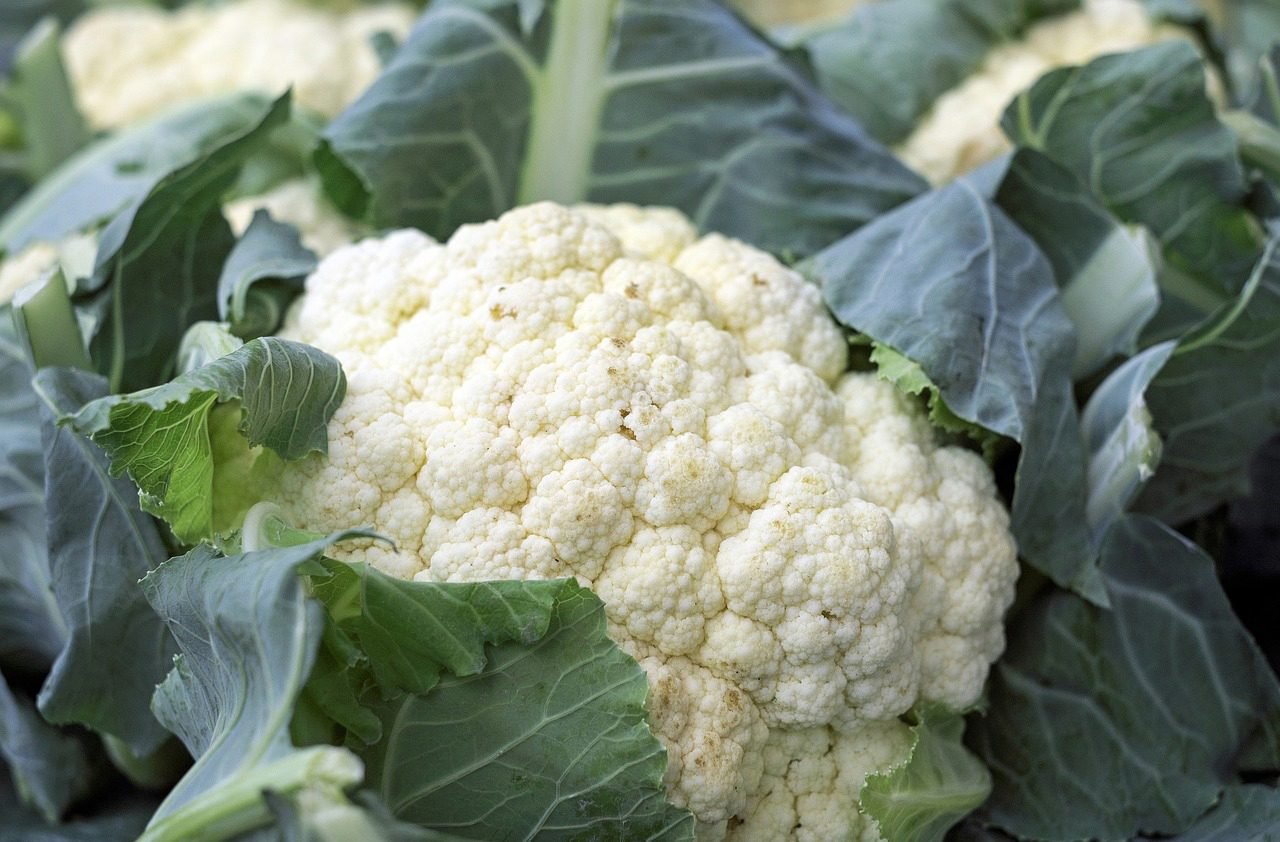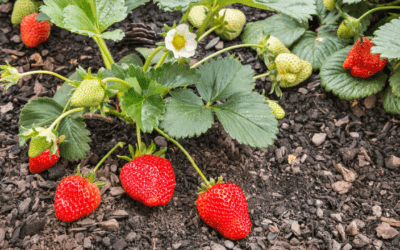Growing cauliflower from seed to harvest can be a rewarding gardening experience, but it can also be a bit challenging. Cauliflower requires specific care and attention throughout its growth cycle. Here’s a complete grow guide to help you successfully cultivate cauliflower:
1. Choosing the Right Cauliflower Variety:
- Select a cauliflower variety that suits your climate and growing conditions. Some popular varieties include Snowball, Purple Graffiti, and Cheddar.
2. Planning and Preparation:
- Determine the appropriate planting time based on your climate. Cauliflower prefers cool weather and can be grown in spring or fall.
- Choose a sunny location with well-drained soil. Cauliflower prefers soil with a pH between 6.0 and 7.0.
- Clear the area of weeds and debris. Improve soil fertility by adding organic matter like compost or well-rotted manure.
3. Starting Cauliflower Seeds:
- Start cauliflower seeds indoors 6-8 weeks before the last expected frost date in your area. Use seed trays or pots filled with a seed starting mix.
- Plant seeds about ¼ inch deep and water gently.
- Maintain a temperature of 70-75°F (21-24°C) until seedlings emerge.
- Once the seedlings have two true leaves, transplant them to individual pots.
4. Transplanting Seedlings:
- Transplant your cauliflower seedlings into the garden when they have 4-6 true leaves and are about 4-5 inches tall.
- Space plants 18-24 inches apart in rows that are 24-36 inches apart.
5. Care and Maintenance:
- Water consistently to keep the soil evenly moist but not waterlogged.
- Apply a layer of mulch to retain soil moisture and prevent weeds.
- Fertilize with a balanced, all-purpose organic fertilizer every 3-4 weeks.
- Protect young plants from pests like cabbage worms and aphids using row covers or organic insecticides.
- Thin plants if necessary, leaving the healthiest ones to grow to maturity.
6. Growing Conditions:
- Cauliflower prefers daytime temperatures between 60-70°F (15-21°C) and nighttime temperatures above freezing.
- Adequate sunlight is essential for cauliflower to develop compact heads. Ensure they receive at least 6 hours of direct sunlight daily.
7. Blanching Cauliflower:
- As cauliflower heads begin to form, consider blanching them to prevent the curds from turning brown or yellow.
- Gently tie the outer leaves over the developing head using twine or rubber bands. This process blocks sunlight and keeps the head white.
8. Harvesting Cauliflower:
- Harvest when the heads are compact and reach 6-8 inches in diameter. The heads should be firm and white.
- Use a sharp knife to cut the cauliflower head just below the curd, leaving some of the stem attached.
9. Storing Cauliflower:
- Store freshly harvested cauliflower in the refrigerator in a perforated plastic bag. It can last for up to two weeks.
- You can also blanch and freeze cauliflower for longer storage.
10. Crop Rotation:
- Avoid planting cauliflower in the same location for at least two years to reduce the risk of soil-borne diseases.
11. Common Problems:
- Watch for common cauliflower pests like aphids, cabbage worms, and snails. Treat infestations promptly.
- Keep an eye out for diseases like clubroot and downy mildew. Choose disease-resistant varieties and practice good crop rotation.
By following this complete grow guide, you can cultivate delicious and nutritious cauliflower in your own garden. Remember that cauliflower can be a bit finicky, so patience and attention to detail are key to a successful harvest. Happy gardening!




0 Comments